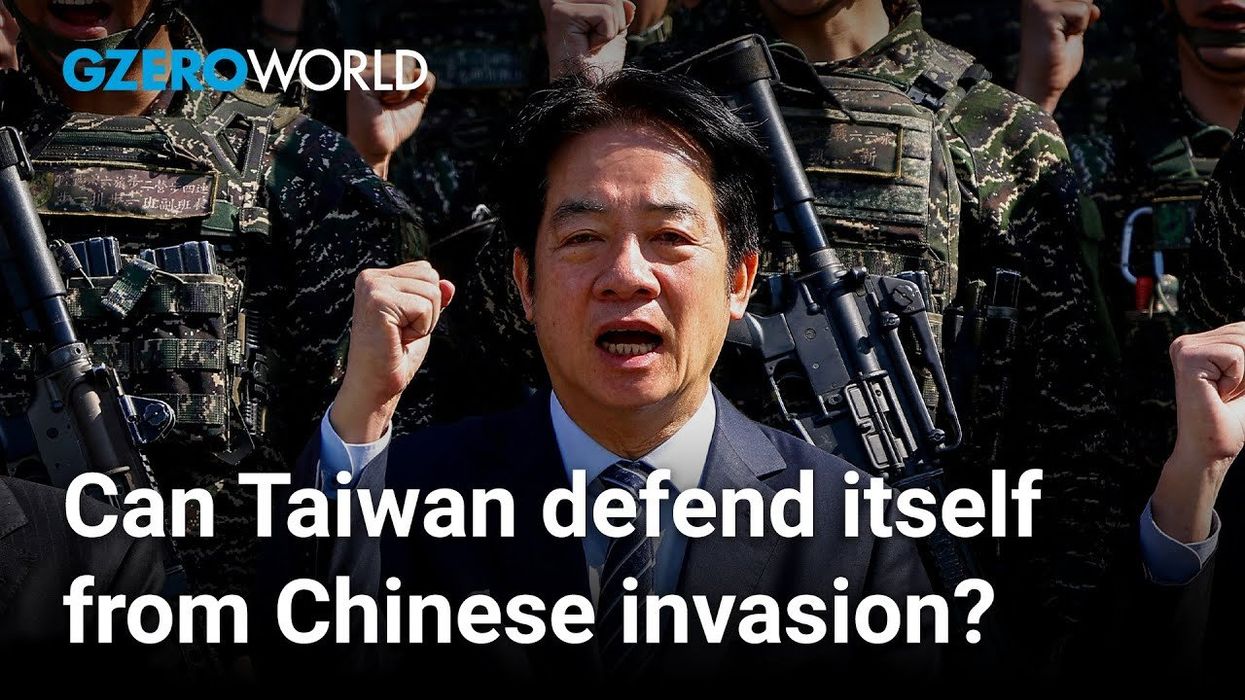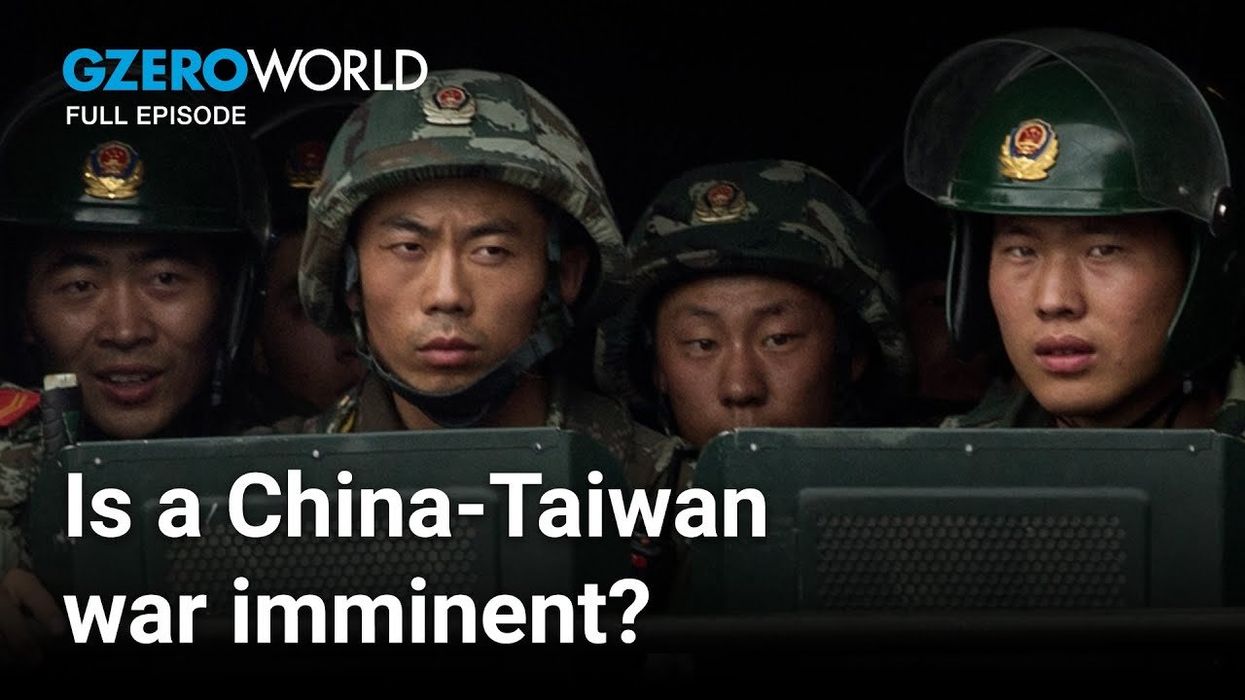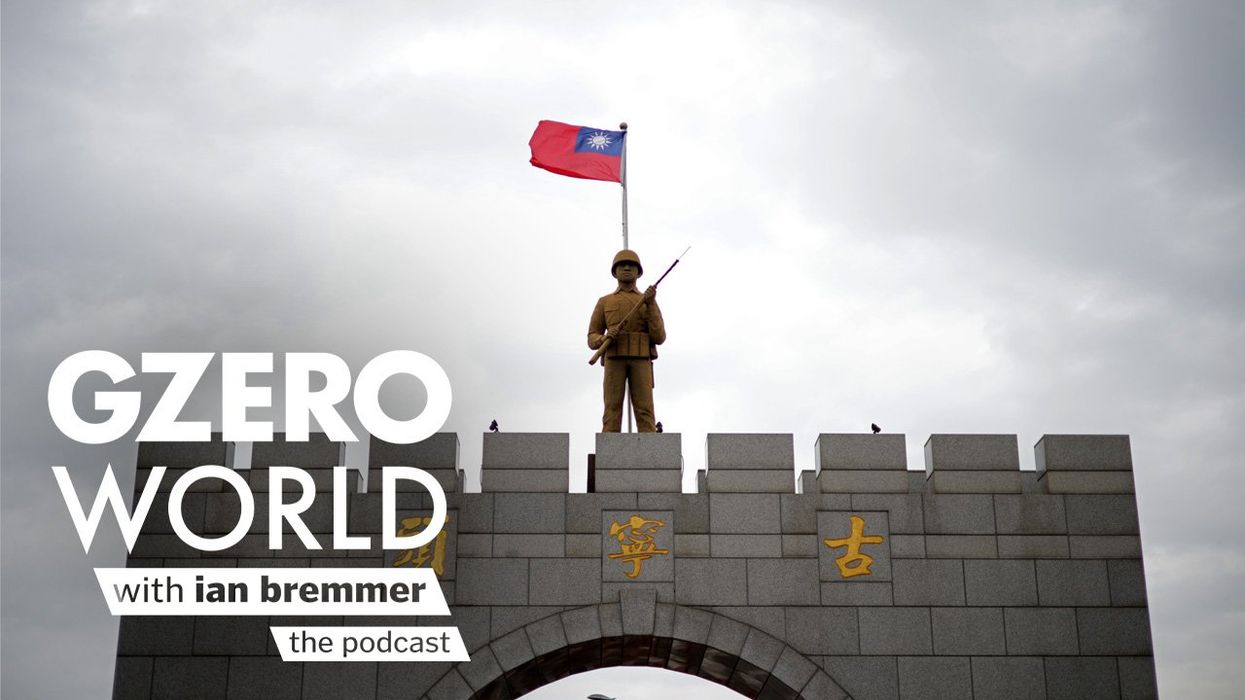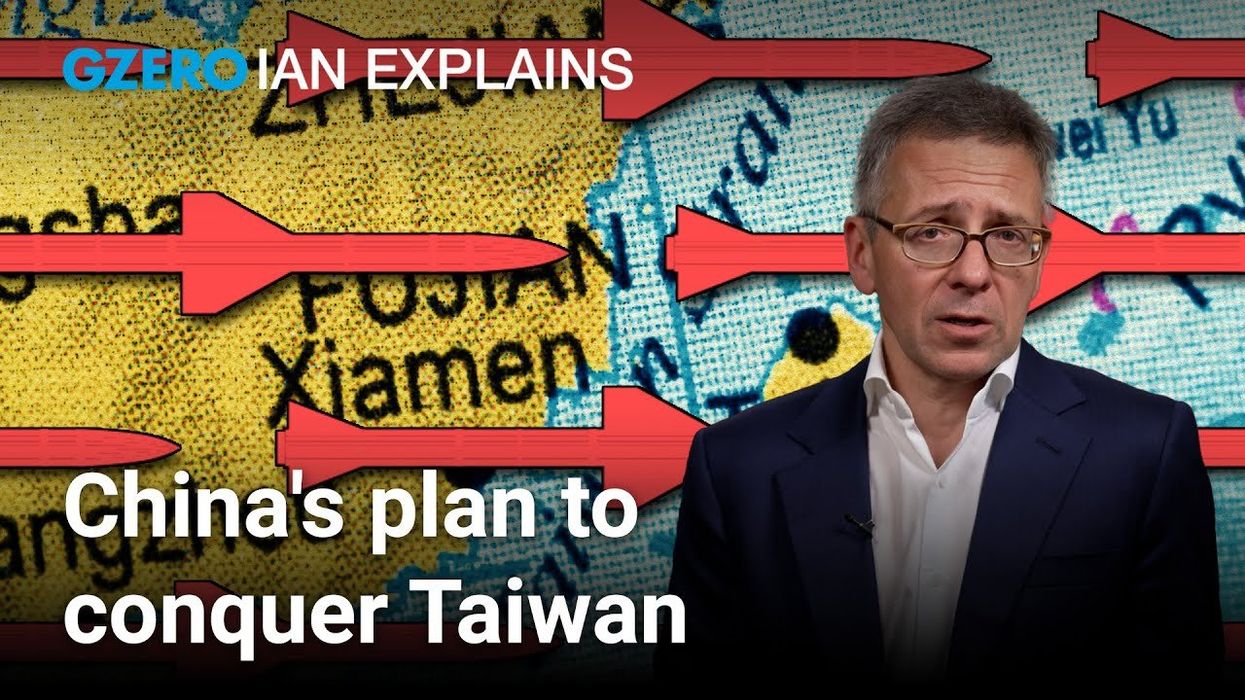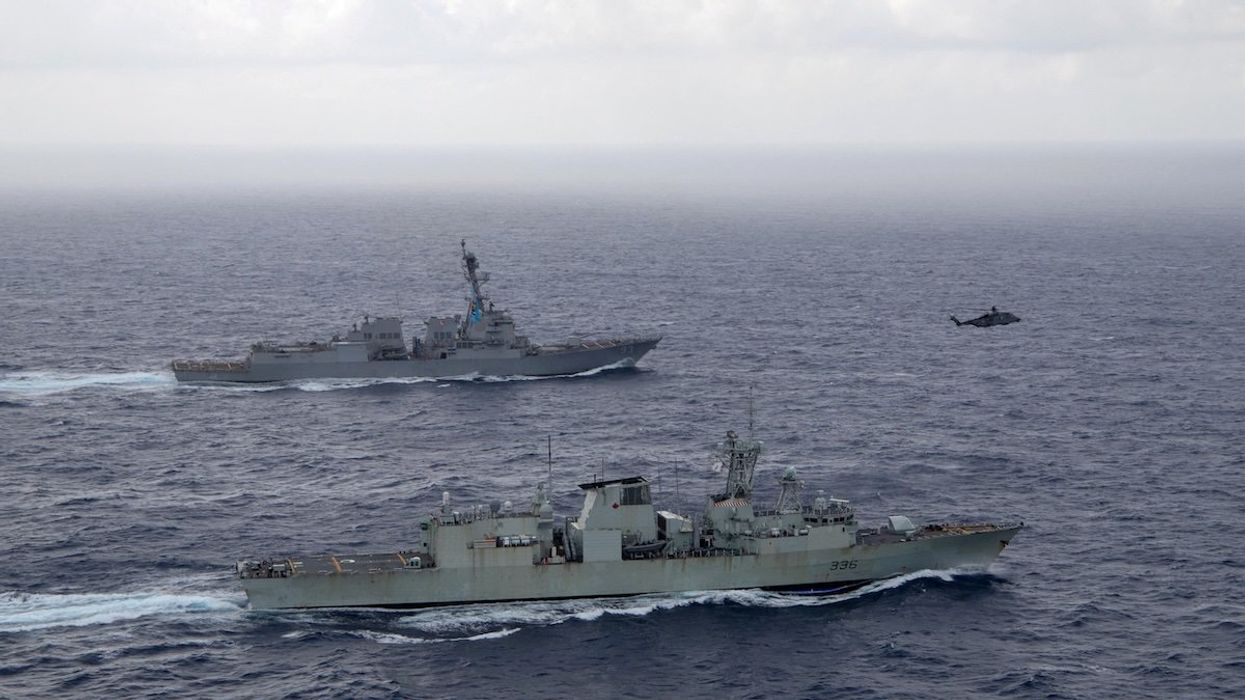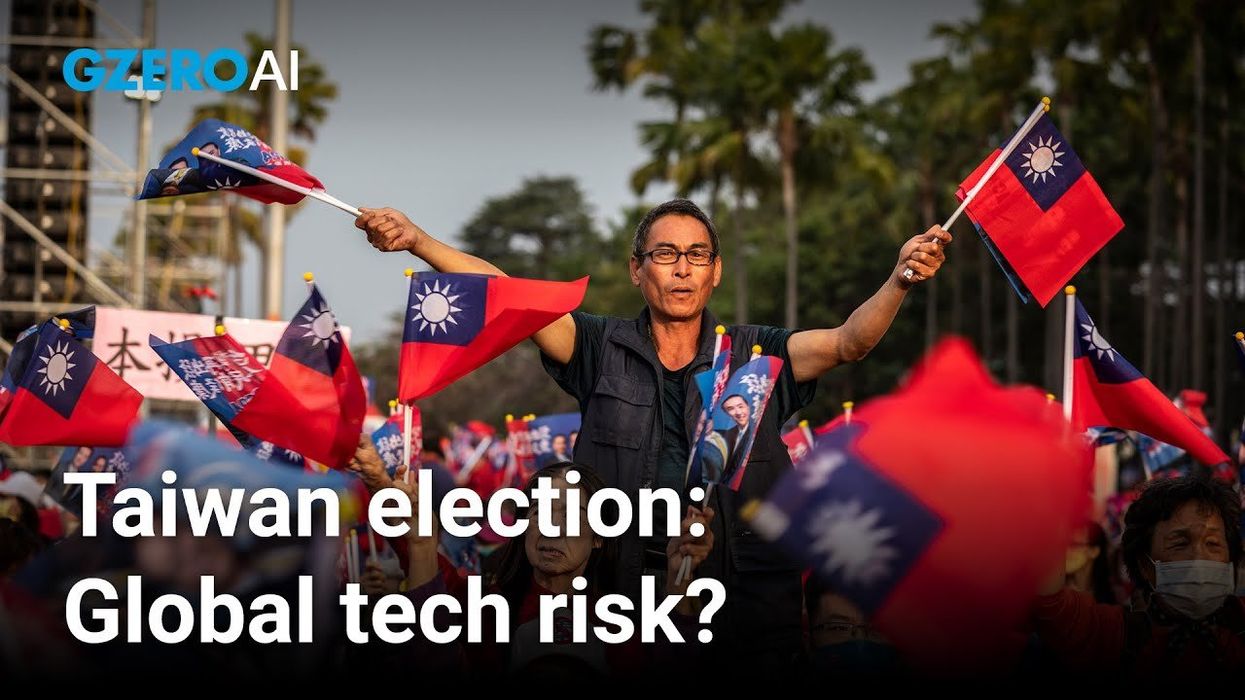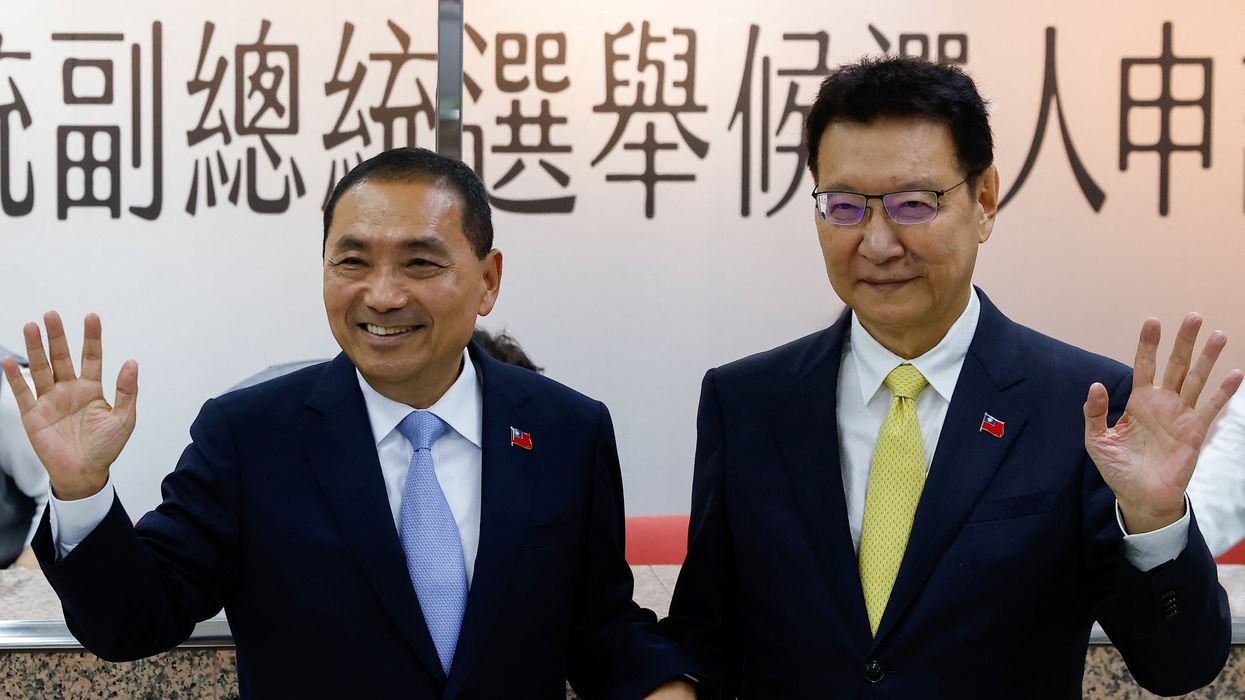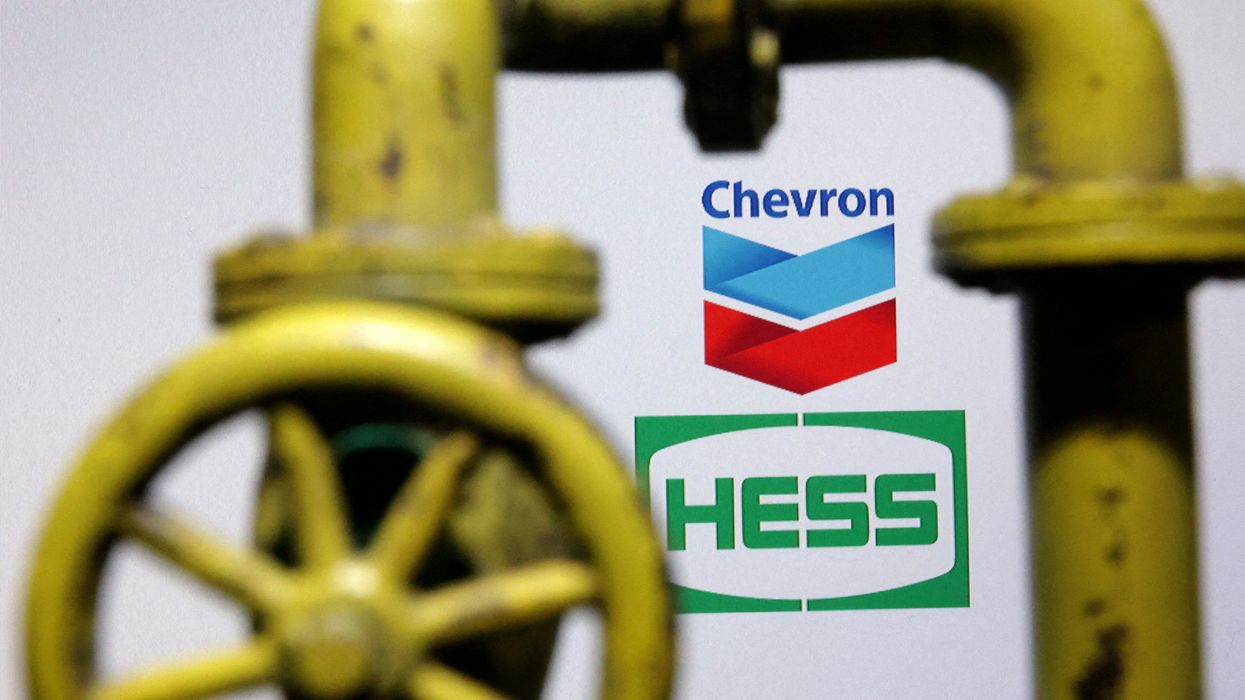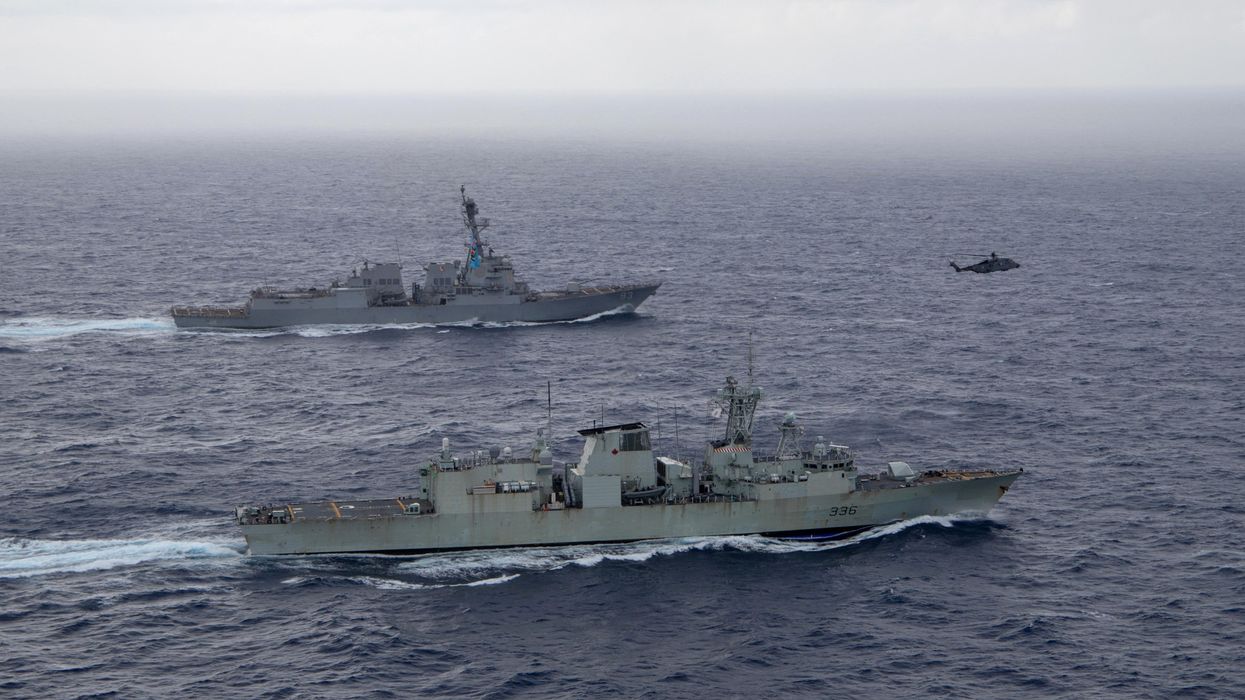GZERO World Clips
Can Taiwan defend itself from Chinese invasion?
China appears to be preparing for an invasion of Taiwan, but the island’s physical geography and international support would make any armed conflict the most complex and deadly in modern history. CSIS China Power Project director Bonny Lin joins Ian Bremmer on GZERO World.
Jun 10, 2025
